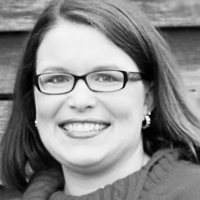Question
Can SLPs diagnose dementia? What should I do if I see signs and there is no diagnosis?
Answer
The actual diagnosis must be made by a medical doctor. SLPs cannot diagnose a patient with dementia. If the patient is far enough into the disease process, the medical doctor may determine that the patient cannot safely make decisions for themselves. They might appoint someone as power of attorney, which requires a second doctor’s authorization, confirming that the patient is not capable of making their own medical and/or financial decisions. The SLP can perform cognitive testing with the patient (mental status/stage testing), as well as ascertain the evidence base and validity behind the tests.
If you see signs but there is no diagnosis of dementia, contact the doctor to present your concerns and testing results, or to request a consultation. Whether we have the actual diagnosis or not, SLPs can still treat the symptoms, because dementia is a group of symptoms. We can treat those symptoms within our scope of practice.
Amber Heape is a dedicated advocate for the necessity and skilled nature of therapy services. She is the Regional Clinical Specialist for a large healthcare company, where she works with SNFs in 3 states on documentation compliance, clinical education, and clinical programs for PT, OT, and ST. She co-authored the company Trach and Vent Program as well as the Dysphagia Program.

